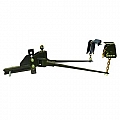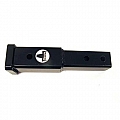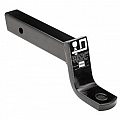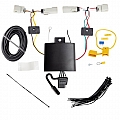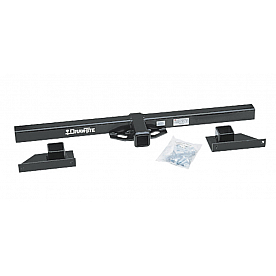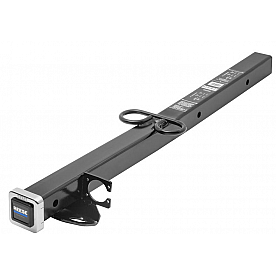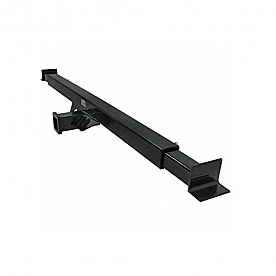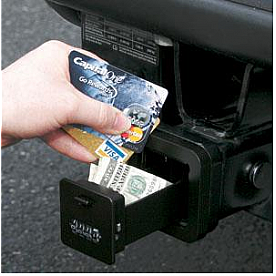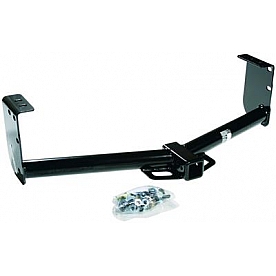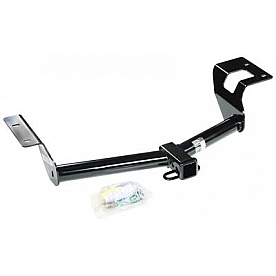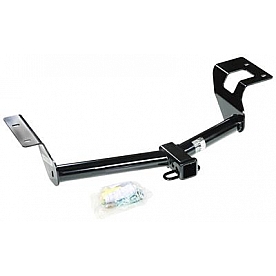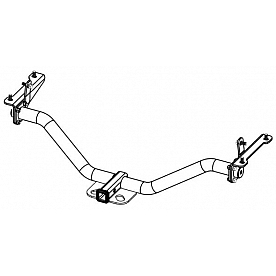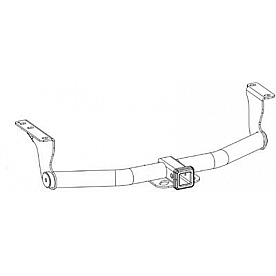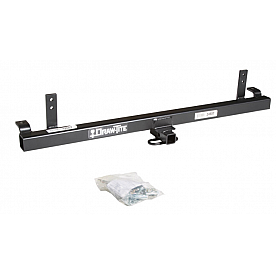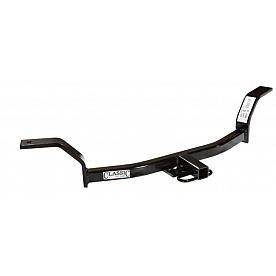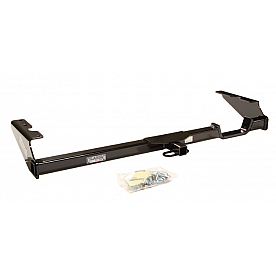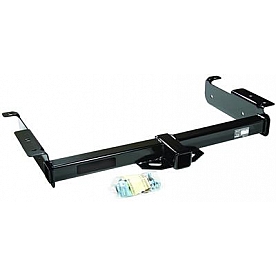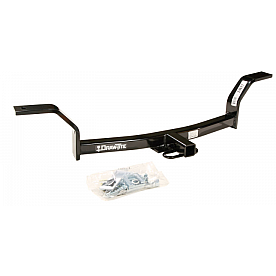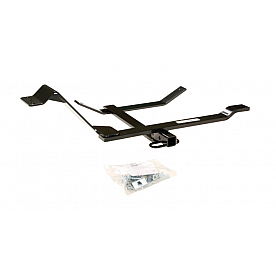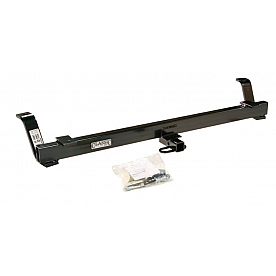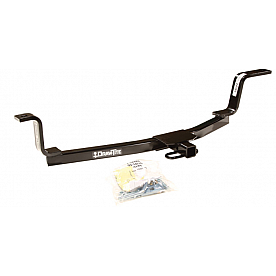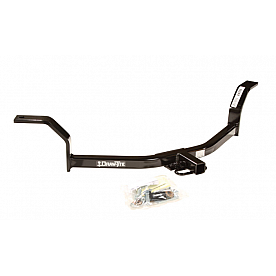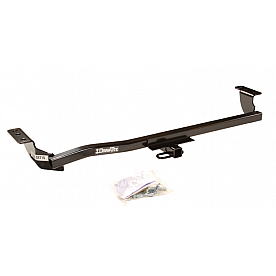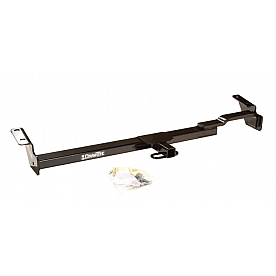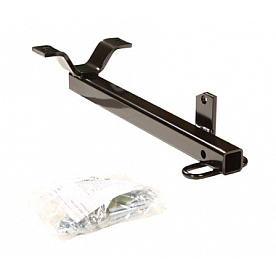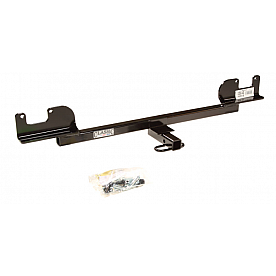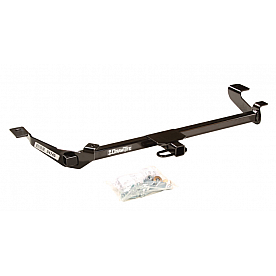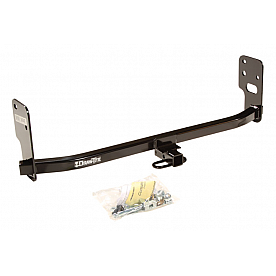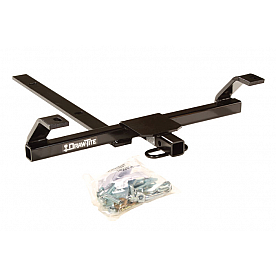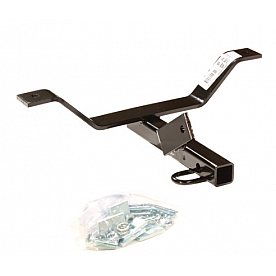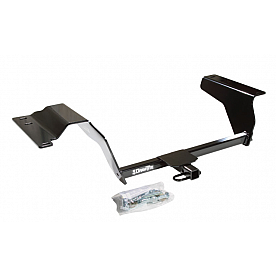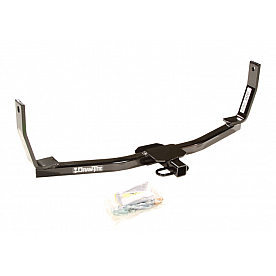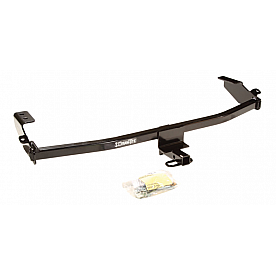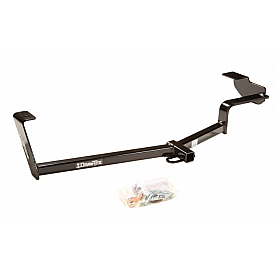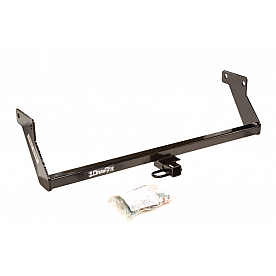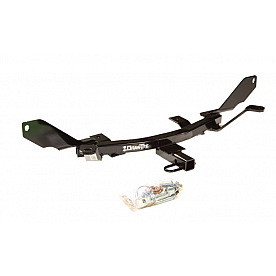1 - 32 of 626 results
⬤ In Stock
Color/ Finish
Black Powder Coated
Construction
Square Tube Welded
Material
Steel
Receiver Size (IN)
2 Inch
Weight Carrying Capacity (LB)
3500 Pound
⬤ In Stock
Class
III
Color/ Finish
Black Powder Coated
Construction
Round Tube Welded
Receiver Size (IN)
2 Inch
Weight Carrying Capacity (LB)
5000 Pound
⬤ In Stock
Class
I
Color/ Finish
Black Powder Coated
Construction
Round Tube Welded
Cutting Required
No
Drilling Required
No
⬤ *Special Order
Class
I
Color/ Finish
Black Powder Coated
Construction
Round Tube Welded
Cutting Required
No
Drilling Required
No
⬤ In Stock
Class
I
Color/ Finish
Black Powder Coated
Construction
Round Tube Welded
Material
Mild Steel
Receiver Size (IN)
1-1/4 Inch
⬤ *Special Order
Class
III
Color/ Finish
Black
Construction
Round Tube Welded
Material
Steel
Receiver Size (IN)
2 Inch
⬤ In Stock
Class
I
Color/ Finish
Black Powder Coated
Construction
Square Tube Welded
Cutting Required
No
Drilling Required
Yes
⬤ In Stock
Class
I
Color/ Finish
Black Powder Coated
Construction
Square Tube Welded
Cutting Required
No
Drilling Required
No
⬤ In Stock
Class
I
Color/ Finish
Black Powder Coated
Construction
Square Tube Welded
Cutting Required
No
Drilling Required
Yes
⬤ In Stock
Class
III
Color/ Finish
Black
Construction
Square Tube Welded
Drilling Required
No
Includes Ball Mount
No
⬤ In Stock
Class
I
Color/ Finish
Black Powder Coated
Construction
Square Tube Welded
Cutting Required
No
Drilling Required
No
⬤ In Stock
Class
I
Color/ Finish
Black Powder Coated
Construction
Square Tube Welded
Cutting Required
No
Drilling Required
Yes
⬤ In Stock
Class
I
Color/ Finish
Black Powder Coated
Construction
Square Tube Welded
Cutting Required
No
Drilling Required
Yes
⬤ Discontinued
Class
I
Color/ Finish
Black Powder Coated
Construction
Square Tube Welded
Cutting Required
No
Drilling Required
No
⬤ In Stock
Class
I
Color/ Finish
Black Powder Coated
Construction
Square Tube Welded
Cutting Required
No
Drilling Required
Yes
⬤ In Stock
Class
I
Color/ Finish
Black Powder Coated
Construction
Square Tube Welded
Cutting Required
No
Drilling Required
No
⬤ Special Order
Class
I
Color/ Finish
Black Powder Coated
Construction
Square Tube Welded
Cutting Required
No
Drilling Required
No
⬤ In Stock
Class
I
Color/ Finish
Black Powder Coated
Construction
Square Tube Welded
Cutting Required
No
Drilling Required
Yes
⬤ In Stock
Class
I
Color/ Finish
Black Powder Coated
Construction
Square Tube Welded
Cutting Required
No
Drilling Required
No
⬤ In Stock
Class
I
Color/ Finish
Black Powder Coated
Construction
Square Tube Welded
Cutting Required
No
Drilling Required
Yes
⬤ In Stock
Class
I
Color/ Finish
Black Powder Coated
Construction
Square Tube Welded
Cutting Required
No
Drilling Required
Yes
⬤ In Stock
Class
I
Color/ Finish
Black Powder Coated
Construction
Square Tube Welded
Cutting Required
No
Drilling Required
No
⬤ In Stock
Class
I
Color/ Finish
Black Powder Coated
Construction
Square Tube Welded
Cutting Required
No
Drilling Required
Yes
⬤ In Stock
Class
I
Color/ Finish
Black Powder Coated
Construction
Square Tube Welded
Cutting Required
No
Drilling Required
Yes
⬤ Special Order
Class
I
Color/ Finish
Black Powder Coated
Construction
Square Tube Welded
Cutting Required
No
Drilling Required
No
⬤ In Stock
Class
I
Color/ Finish
Black Powder Coated
Construction
Square Tube Welded
Cutting Required
No
Drilling Required
Yes
⬤ In Stock
Class
I
Color/ Finish
Black Powder Coated
Construction
Square Tube Welded
Cutting Required
No
Drilling Required
No
⬤ In Stock
Class
I
Color/ Finish
Black Powder Coated
Construction
Square Tube Welded
Cutting Required
No
Drilling Required
No
⬤ In Stock
Class
I
Color/ Finish
Black Powder Coated
Construction
Square Tube Welded
Cutting Required
No
Drilling Required
Yes
Showing 1 - 32 of 626 Products
Hitch receivers are accessory components on vehicles that are designed to facilitate towing or utilizing a ball mount and a hitch-ball. They offer a connection point for a variety of towing accessories, such as trailers, bike racks, and cargo carriers. They are normally found at the rear of a vehicle, bolted onto the chassis, as part of the frame beneath the tail end.
Hitch receivers come in a variety of sizes to cater for different towing capability requirements, the most common ones being Classes I to V. Classes I and II are generally fitted on smaller vehicles for light-duty applications, Class III is typically for SUVs and light trucks, while Classes IV and V are for larger trucks and commercial vehicles for heavy-duty towing.
They are made of robust materials, usually steel, to ensure durability and can withstand heavy use, such as transporting heavy equipment or vehicle towing. Hitch receivers also feature a square receiving tube where towing accessories are plugged in and can be secured with hitch pins.
The capability and usefulness of hitch receivers can be further amplified when used in conjunction with other accessories like hitch balls, pintle hooks, ball mounts, hitch covers, and wiring harnesses for trailer light connections.
Advantages of Hitch Receivers:
1. Versatility: Hitch receivers add a level of convenience and versatility, allowing vehicles to tow a variety of accessories from trailers to bike racks.
2. Wide Range of Use: They are suitable for different types of vehicles from small cars, SUVs to heavy-duty trucks.
3. Durability: Hitch receivers are made of strong materials, normally steel, to withstand heavy use and harsh conditions.
4. Safety: They provide a secure attachment point for trailers or other accessories, enhancing the safety of your towing tasks.
5. Enhances Capacity: They significantly enhance the transporting capacity of a vehicle.
6. Resale Value: A car equipped with a hitch receiver usually maintains a higher resale value compared to one without.
Hitch receivers come in a variety of sizes to cater for different towing capability requirements, the most common ones being Classes I to V. Classes I and II are generally fitted on smaller vehicles for light-duty applications, Class III is typically for SUVs and light trucks, while Classes IV and V are for larger trucks and commercial vehicles for heavy-duty towing.
They are made of robust materials, usually steel, to ensure durability and can withstand heavy use, such as transporting heavy equipment or vehicle towing. Hitch receivers also feature a square receiving tube where towing accessories are plugged in and can be secured with hitch pins.
The capability and usefulness of hitch receivers can be further amplified when used in conjunction with other accessories like hitch balls, pintle hooks, ball mounts, hitch covers, and wiring harnesses for trailer light connections.
Advantages of Hitch Receivers:
1. Versatility: Hitch receivers add a level of convenience and versatility, allowing vehicles to tow a variety of accessories from trailers to bike racks.
2. Wide Range of Use: They are suitable for different types of vehicles from small cars, SUVs to heavy-duty trucks.
3. Durability: Hitch receivers are made of strong materials, normally steel, to withstand heavy use and harsh conditions.
4. Safety: They provide a secure attachment point for trailers or other accessories, enhancing the safety of your towing tasks.
5. Enhances Capacity: They significantly enhance the transporting capacity of a vehicle.
6. Resale Value: A car equipped with a hitch receiver usually maintains a higher resale value compared to one without.
Videos
How To Install A Receiver (Trailer) Hitch Draw Tite
Draw•Tite North America's Favorite Hitch
Installation of Westin Receiver Hitch on a 2015 Dodge Ram 1500
Westin Receiver Hitch install on Toyota Tacoma
Draw-Tite Trailer Receiver Hitches
